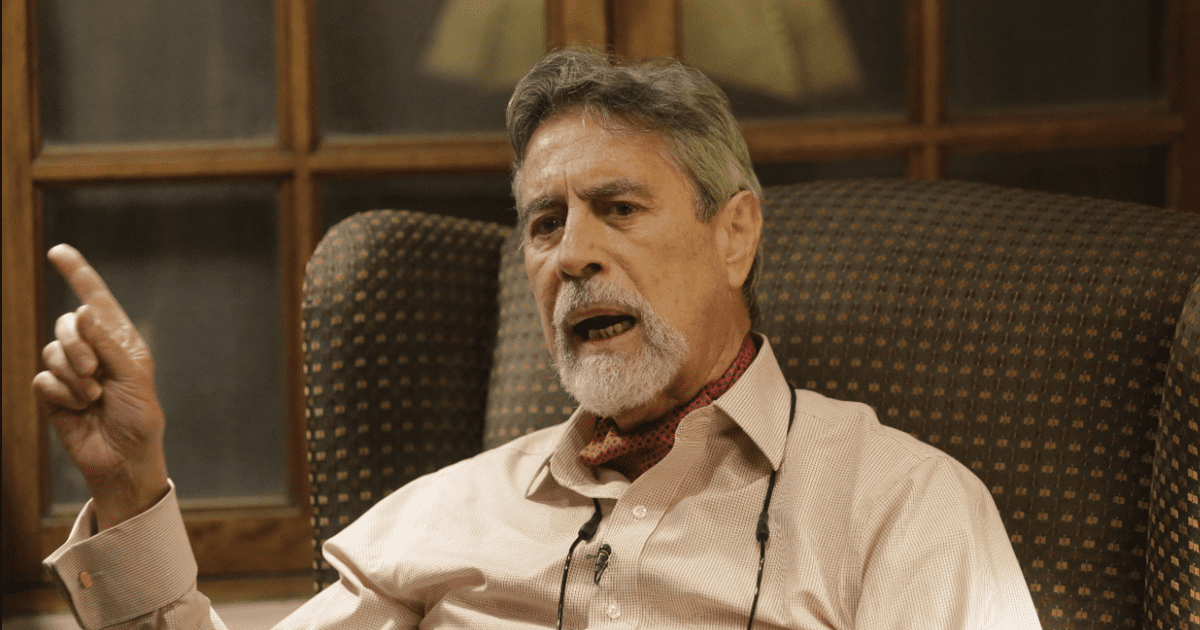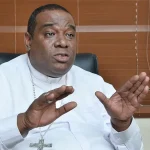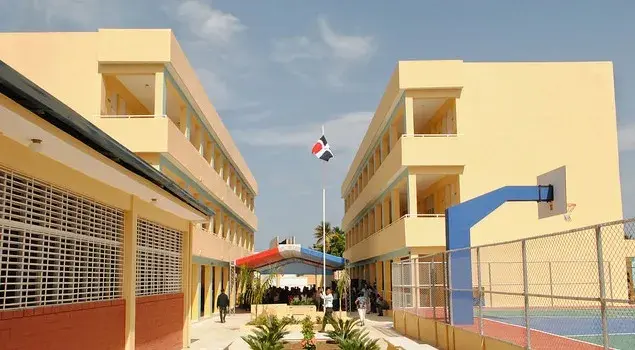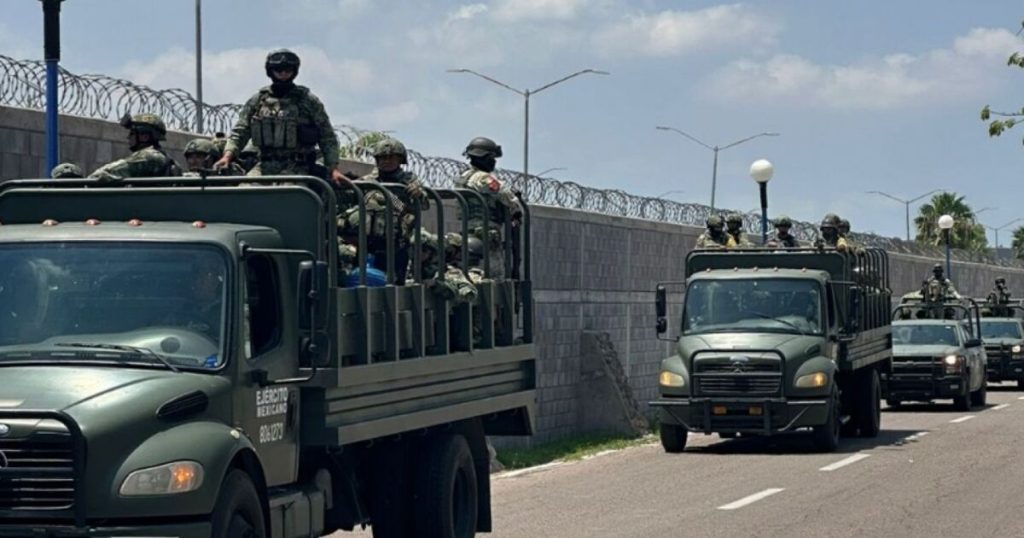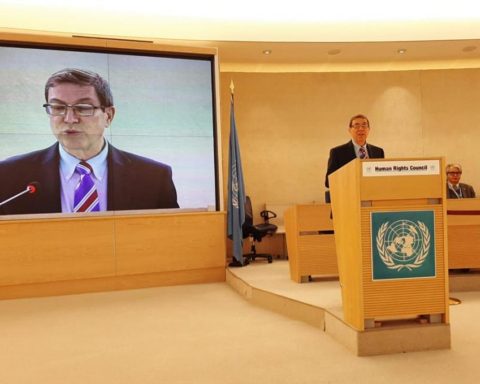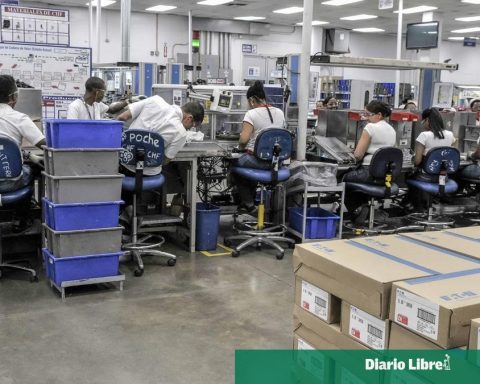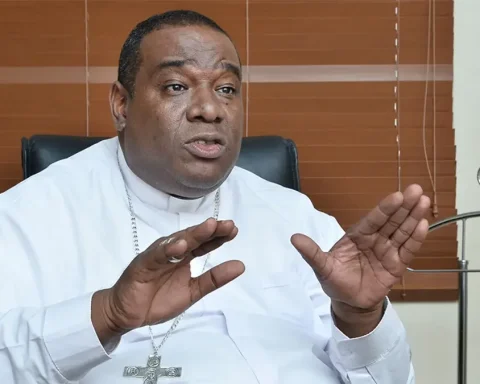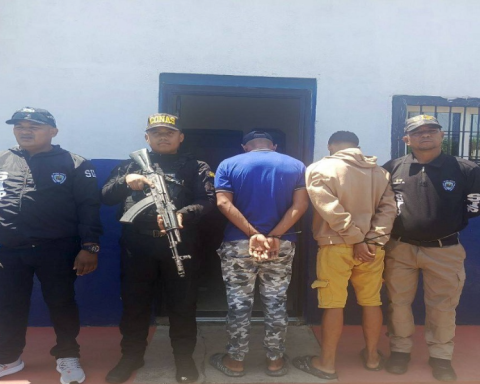The ex-president, Francisco Sagasti questioned the government’s performance of Dina Boluarte and the Congress of the republicafter the clashes and the approval of anti-democratic reforms that have brought a setback to the country.
In an interview with RPP, Sagasti commented on the recent election of the Board of Directors, in which the self-proclaimed ‘democratic bloc’ won, which is nothing more than the coalition of the right-wing and Free Peru.
According to him, this alliance has no ideological principles and only reflects the desire of the parliamentarians to remain in power.
“What happened on July 28, both in Congress with the election of the Board of Directors, with a truly strange alliance between the extreme left and the extreme right, is clearly demonstrated by the statement on Venezuela. It is evident that it is an alliance that has no ideological principles, and in Congress what we have seen is a desire to maintain power,” he said.
Sagasti described Dina Boluarte’s speech as “inconsequential”
For his part, when questioned about the Five-hour speech given by President Dina Boluarte On the occasion of the National Holidays, Sagasti criticized the lack of self-criticism and the lack of recognition of the mistakes made.
“What we have seen from the Executive is no intention to amend, no intention to acknowledge errors. A triumphalism of five hours that is totally inconsequential,” he lamented.
Despite this, he stressed that he has not lost hope that both Parliament and the Executive will have a “sudden attack of common sense” and govern according to what the country needs.
“There is always hope that both the Executive and Congress will have a sudden attack of common sense and realize that what the country really needs is another way of governing ourselves,” he added.
Sagasti on Venezuela: “In the 90s we experienced something very similar”
Francisco Sagasti also He compared the situation in Venezuela, after the electoral fraud that re-elected Nicolás Maduro as president, which Peru experienced in the 1990s with the dictatorship of Alberto Fujimori.
“(…) What they have done is try to control all public institutions: the electoral system, the electoral court, the Judiciary, Congress and, finally, the Armed Forces as well. Well, and here what we are seeing is that we have to remember what happened in the nineties, when we experienced something very, very similar,” he recalled.
In this regard, he warned of the danger of the intentions of some sectors of the State to take over the institutions and acknowledged that there has been a setback, in terms of public policies, since he left government palace It’s been three years now.
“At least, three years after leaving the government, what I see is a deterioration, a fight between institutions, a clear desire to take over them. We have seen unheard of things said in Congress, cuts, salaries; in short, I do not want to go into details,” he said.
